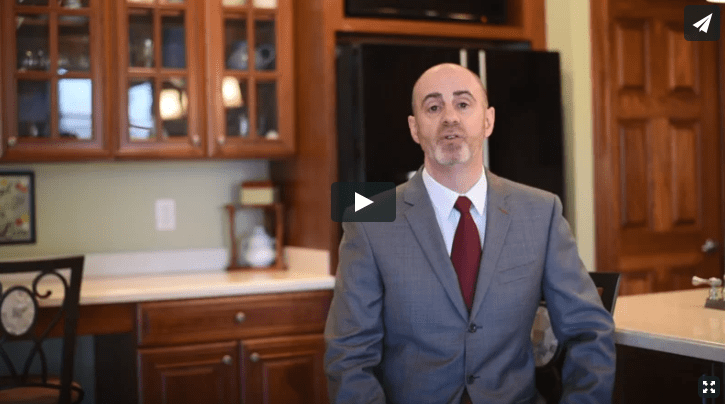Transcript
Everything we’ve covered about condos thus far draws upon the expertise and advice of a Realtor experienced in helping people buy and sell condos. Perhaps none more-so however than evaluating the current market value of a condo and trying to anticipate its likely performance on resale. There are so many factors that go into this analysis. Obviously, like any analysis, one would consider recent, comparable sales data. And the nice thing about condominium neighborhoods is that often there’s plenty of very comparable sales data from which to draw conclusions. Maybe determining the current market value of a condo is a little easier than determining the current market value of the average home. Or at least it would appear so to the average person. Things that differentiate a unit from its neighboring units however must be taken into careful consideration when performing this evaluation. This includes things like the location of this unit in the building or neighborhood, specifics of the interior floor plan, finishes or amenities and any other factors (like view or accessibility) that differentiate the unit from the others in the community.
The really valuable expertise however comes in when trying to determine the actual total cost of ownership of a particular unit and the way that it (and the neighborhood in general) is likely to appreciate or depreciate over time. Generally people phrase this concept in terms of asking the question, “How is this condo likely to perform on resale?” Obviously, we can’t predict or guarantee the future, but we can be astute in making observations that will likely play a major role in answering that very important question.
One major consideration is the percentage of tenants in the neighborhood. High levels of tenancy may mean a lot of transience in the neighborhood. Additionally if the tenancy percentage is too high, then certain types of financing may become unavailable which could affect resale values. (As a matter of fact, the unavailability of certain types of financing on condos can occur even with no tenants in the neighborhood.)
To evaluate a condo neighborhood’s likely performance, one should consult the association’s balance sheet and income statement and if there’s been a reserve study done. Comparing this information with the condition of the neighborhood and the age of its major common components can shed great light on whether the current dues are likely to remain sufficient or whether they’re likely to need to be raised eventually or special assessments are likely to be levied.
As you can imagine, there’s so much nuanced expertise and even subjectivity and speculation that go into these analyses. The results can have a huge impact on both your satisfaction and enjoyment level with your condo and also the financial implications of your decision.
Condos
Featured Listing


